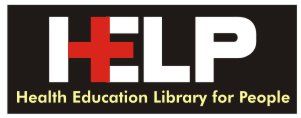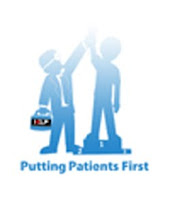We are now awash in a flood of health information, and barely a day goes by without a report of a spectacular new cure for a formerly incurable illness. However, many people find themselves increasingly frustrated in the face of the media barrage of confusing and contradictory health advice. One day, drinking alcohol is bad for your health; the next day it is reported to help prevent heart disease. One day, margarine is healthier than butter; the next day it's not. One day fish prevents heart disease, then it doesn't! You may be exasperated enough to ask: Why can't researchers get their facts right the first time? And how are you supposed to make sense of what you read, if the experts themselves can't make up their minds?
In order to maintain a balanced perspective, it's important to remember that news, by its very definition, implies something new and unusual. This is why medical stories in the media often seem to be at loggerheads with what common sense tells us. After all, the hundredth study showing a relationship between high cholesterol and heart disease is hardly news, but the one study that shows that eating fat helps prevent heart disease is likely to become a headline — no matter how flawed it may be! The media is often guilty of oversimplifying or exaggerating results. Moreover, headline writers may focus on an angle that gives a distorted impression, which often means that facts are sacrificed at the altar of readability or circulation figures.
Editors crave for stuff which is ‘new’ and doctors and hospitals are only to happy to tom-tom their latest gadgets and gizmos. Reporters are often not specialized enough to understand the medical technical background. Often, they do not do their homework properly, which results in misreporting, which is, unfortunately, a common occurrence in



No comments:
Post a Comment